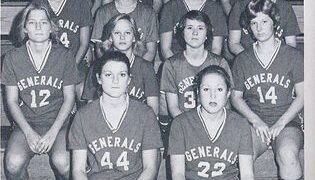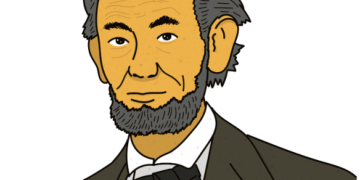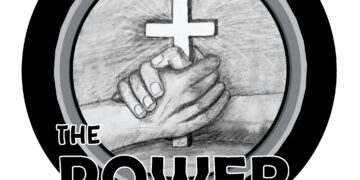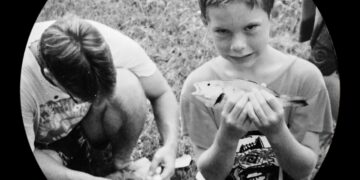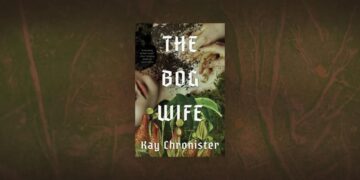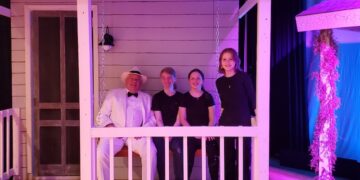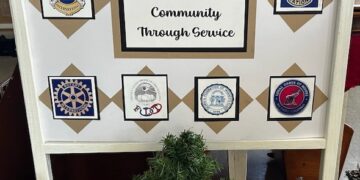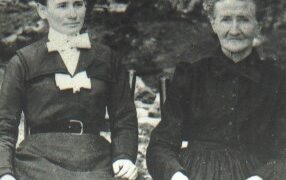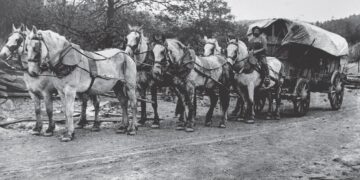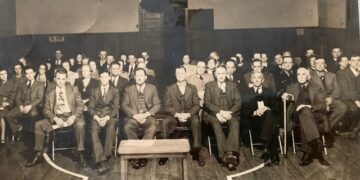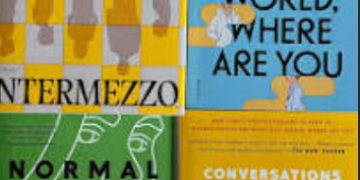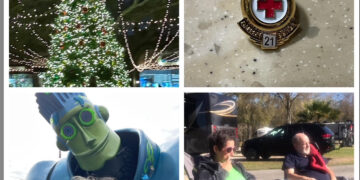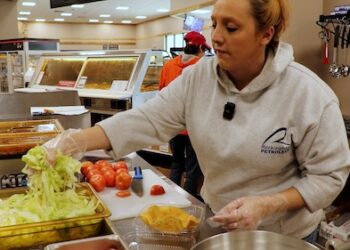I started researching family history when I was an eighth grader. At the time, my research method was talking with people in my grandparents’ generation. My sister Norma and I spent hours listening to neighbors share stories about our ancestors.
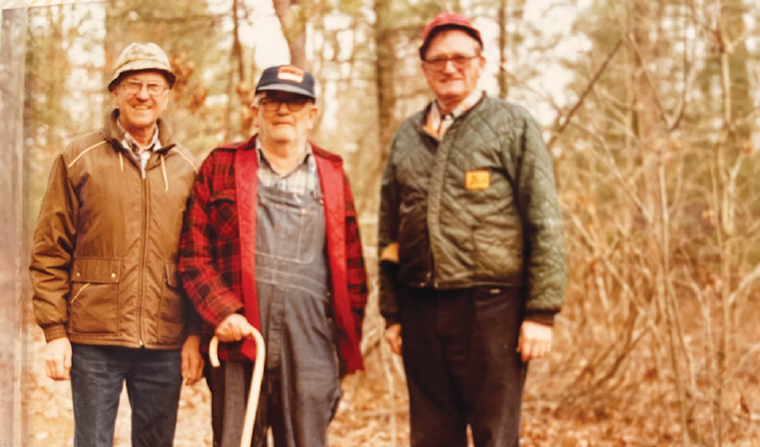
Often there is one person in a family who is the story-gather for family lore. Kermit Custer of Fulks Run was a Custer family storyteller. Kermit grew up next door to his grandfather Berryman Custer (1833-1925) and knew many facts about the family. Some of what he told me can be found in official records. However, some family information would have been lost forever without his knowledge, such as the identities of burials in the Custer family cemetery.
Our stories make United States history personal. For instance, an older Custer story-gatherer, Milo Custer (1879-1952) of Illinois, wrote two Custer history books. Without those books, our family would have forgotten our tie to the Pendleton County Dyer family which was sheltering in Fort Seybert in 1758 when it was destroyed during the French and Indian War.
Our stories help us understand our elders’ personalities and the communities where they lived. In 1998 I interviewed Truman Ritchie (1922-2005) of Criders. “What is the biggest difference you see between life now and when you were a boy?” I asked. Without hesitation, Truman replied, “More food!” Then he turned to his cousin Dorman Ritchie and asked if he remembered when the corn was so short that you could jump over the corn shocks. That was a lean year for families who raised most of their food. Truman also pointed out that people didn’t visit each other as much in 1998 as when he was a boy. Driving to Broadway was not a comfortable trip because of the “hard tires” on the automobiles.
Lewis Yankey (1903-2000) typed his Dove history in the 1980s. Of course, there are lots of names and dates. But Lewis took time to record personal details such as, “Joe was a rather heavy man not very industrious. His byword was `It behooves us.’” For another family, Lewis wrote, “Joseph and Jemima lived together by common-law marriage…[and died] exactly a week apart. Jemima first, then Joe. He got up out of his death bed to look at his wife in her coffin.”
Lewis shared stories from the story-gatherers of his father’s generation which help us picture life in our area long ago. Which is more interesting, “Reuben Dove, 1795-1890,” or what Lewis wrote: “Frank Hottinger says he remembers Reuben Dove as an old man with a long white beard…” Lewis added that in 1941, “Israel ‘Doc’ Dove told…that he distinctly remembered seeing Reuben Dove as an old man about 1870 being baptized in the Blue Pond into the Dunker [Brethren] Church and that Reuben remarked ‘Thank God I am baptized’.”
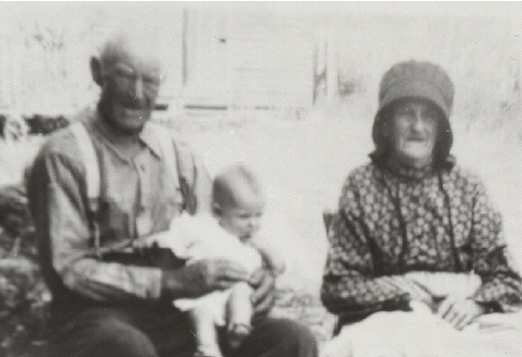
If all you know about the Civil War is military battles, this true story from Dr. Floyd L. Fulk (1911-1988) will give you a different aspect of war. “During the war, my grandmother [Mary C. Fawley Fulk], a daughter of Stephen Fawley, stayed with her aunt, who lived alone, since her husband was away fighting for the South; she was in her teens at the time. One evening near dusk there was a knock on the door and as her aunt opened it there stood an enemy soldier. He had walked all day without food or water and was hungry, thirsty, tired almost to the point of exhaustion. He asked to be given his supper and spend the night. He was welcomed in, and a meal was prepared for him. While doing the dishes her aunt had second thoughts about allowing him to spend the night, remembering he was an enemy soldier, they were two helpless women, and they might be molested during the night. Then Mary’s aunt went into the room where the enemy soldier was sitting, and on returning to the dishes, told my grandmother Mary, ‘We have nothing to fear; the man is sitting by the fireplace reading his New Testament by the light of the fire.’ They were not molested, and after a hearty breakfast the man was on his way home. One has to wonder who he was, why he was traveling alone, if he ever reached home safely, and what portion of the New Testament he was reading! I heard my grandmother tell this story many times, and although she died in 1939, I can remember this as if I had heard it this morning.”

